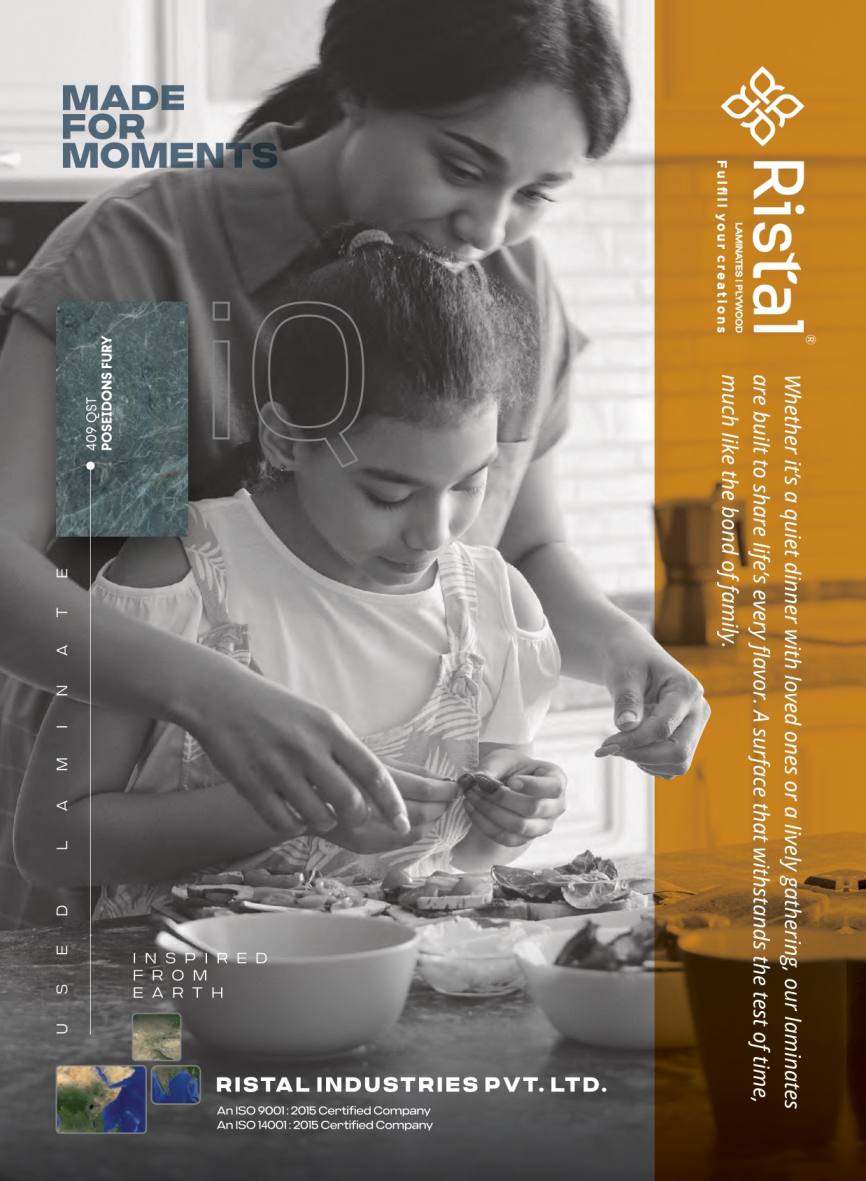
Editorial
- February 18, 2020
- 0

Over the last few years, India has reversed its policy of tariff reduction to one favouring protectionism. The fact is that import substitution is regularly spoken of as a priority for the government on the illogical argument that India’s “infant” domestic industries need to be protected.
But raising tariffs purely to protect industries merely leads to high-cost and uncompetitive production, and depresses the broader standard of living.
In an age of global value chains, increasing tariffs and staying out of trade agreements only disadvantage Indian exporters, depress export potential, and lower growth. It is obvious that a country that shifts its trade policy arbitrarily, or shows itself vulnerable to sudden tariff impositions, thanks to domestic lobbying, will not be able to embed itself in such value chains. A protectionist policy and the associated uncertainty in tariff rates are likely to discourage foreign companies from establishing part of their manufacturing chains in India. Such decisions also end up hurting Indian industry because tariff increases in any one industry can often affect user firms in another industry.
Overall, it is clear that the government will have to speedily change track if India is to recover from the prolonged slowdown it is going through. This slowdown was driven originally by low private investment and proximately by a collapse in demand. The only solution to either problem that has any hope of permanence or sustainability is greater openness — tapping global markets for both capital and goods. Protectionism such as the government seems to have now openly espoused will drive the India story backward, not forward. Instead of giving in to such lobbies, policy-makers should focus on creating conditions that prompt domestic firms across industries to become globally competitive.

बीते कुछ वर्षों की बात करें तो भारत ने टैरिफ में कमी करने की अपनी नीति को उलटकर संरक्षणवाद को बढ़ावा देना शुरू कर दिया है। हकीकत यह है कि आए दिन आयात प्रतिस्थापन के सरकारी प्राथमिकता में होने की बात होने लगी है। इसके पीछे यह अतार्किक दलील दी जाती है कि देश के घरेलू उद्योग शिशुवत हैं और उन्हें बचाव की आवश्यकता है।
परंतु उद्योगों को संरक्षण प्रदान करने के लिए शुल्क बढ़ाने से उत्पादन की लागत बढ़ती है और वह गैर प्रतिस्पर्धी होता है। इसका असर लोगों के जीवन पर भी पड़ता है।
वैश्विक मूल्य श्रृंखला के दौर में शुल्क बढ़ाने और व्यापार समझौतों से बाहर रहने से केवल भारतीय निर्यातकों का नुकसान हो रहा है। इससे निवेश संभावनाएं धूमिल होती हैं और वृद्धि में धीमापन आता है। जाहिर है कि अपनी व्यापार नीति में मनमाना बदलाव करने वाला देश या घरेलू लाॅबीइंग के कारण शुल्क बढ़ाने वाला देश ऐसी मूल्य श्रंृखला में शामिल नहीं हो पाएगा। संरक्षणवादी नीति और शुल्क दरों से जुड़ी अनिश्चितता विदेशी कंपनियों को भारत में अपने विनिर्माण संयंत्र स्थापित करने को लेकर हतोत्साहित करेगी। ऐसे निर्णय भारतीय उद्योगों को भी नुकसान पहुंचाएंगे क्योंकि किसी भी उद्योग के शुल्क में बढ़ोतरी अन्य उद्योगों में उसके उपयोगकर्ता को प्रभावित करेगी।
कुल मिलाकर यह स्पष्ट है कि यदि सरकार को मौजूदा मंदी के प्रभाव से निपटना है तो उसे अपना रुख बदलना होगा। इस मंदी के मूल में भी कमजोर निजी निवेश और मांग में गिरावट जैसी वजह ही हैं। समस्या का इकलौता हल खुलापन बढ़ाने में है। ऐसा करके ही वैश्विक बाजार की संभावनाओं का पूर्ण लाभ लिया जा सकता है। फिर चाहे बात पूंजी जुटाने की हो या उत्पादों की। सरकार का संरक्षणवादी रुख देश के पीछे धकेलने का काम करेगा। ऐसी लाॅबी की बात सुनने के बजाय नीति निर्माताओं को ऐसी परिस्थितियां तैयार करनी चाहिए जिनसे घरेलू उद्योग वैश्विक स्तर पर प्रतिस्पर्धी बन सकें। आम बजट के रूप में सरकार के पास यह अवसर है कि वह संरक्षणवाद से किनारा कर सके।
सुरेश बाहेती
9896436666
































































